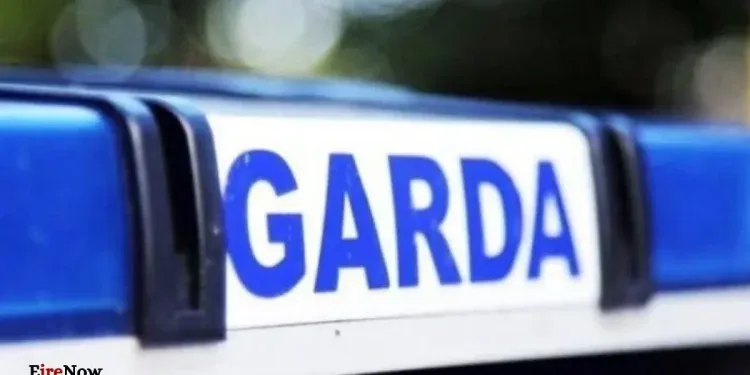DUBLIN / NATIONAL – An Garda Síochána has today launched Operation Twin Tracks, a high-visibility nationwide campaign aimed at curbing anti-social behaviour and crime across Ireland’s rail network. This coordinated day of action is a response to growing public and political concern over safety on public transport services in recent months.
High-Visibility Patrols and Community Engagement
The operation is a joint initiative involving An Garda Síochána, Iarnród Éireann (Irish Rail), Transdev Ireland (Luas operators), and the National Transport Authority (NTA).
Gardaí will be actively patrolling both the Red and Green Luas lines and all DART services in the Dublin area. The patrols extend nationwide to intercity rail routes serving numerous counties, including:
- Dublin (DART/Luas)
- Mayo, Roscommon, Longford
- Galway
- Sligo, Leitrim
- Kildare, Carlow
- Wicklow, Wexford
- Limerick, Tipperary
- Cork
In addition to patrols on board, community engagement stands will be set up at major intercity and Dublin city stations, where Gardaí will provide passengers with crime prevention and personal safety advice.
Chief Superintendent Jane Humphries of the Garda National Community Engagement Bureau welcomed the initiative, stating: “This engagement day affords An Garda Síochána the opportunity to maintain a visible presence on board these services while encouraging security and safety… and preventing and detecting anti-social behaviour.”
Political and Union Response
The operation comes as the government works to implement long-term security measures. Transport Minister Darragh O’Brien previously stated that anti-social behaviour on public transport is a “matter of serious concern.” Minister O’Brien and Justice Minister Jim O’Callaghan are currently advancing legislation to establish a new uniformed, dedicated Transport Security Unit.
Meanwhile, the union representing public transport workers has called for a more holistic approach, advocating for specially trained social care officers to be deployed alongside the new transport police. This call stems from staff reporting that they frequently encounter vulnerable people on the network who have “nowhere else to go.”







